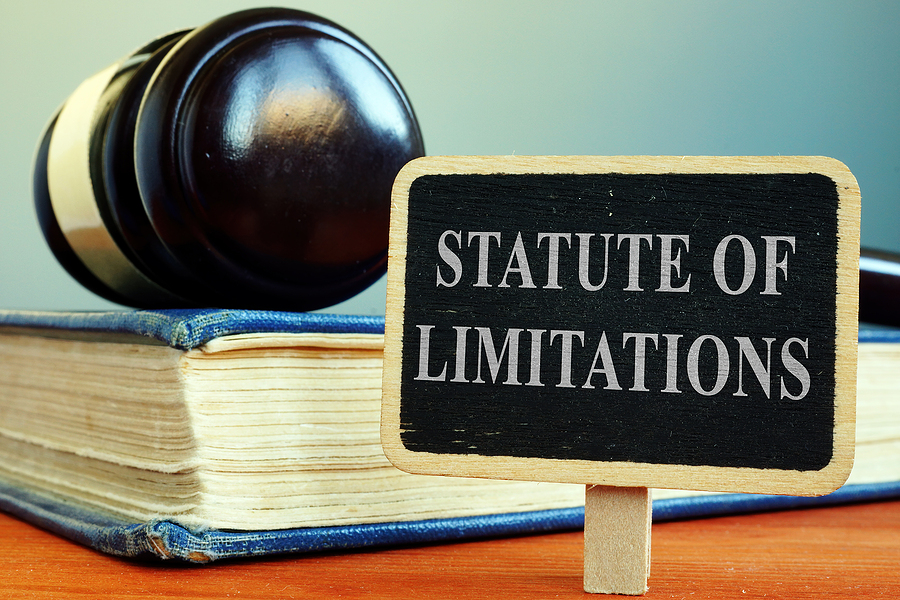When a person is injured in an accident, they don’t always know it right away. Evidence of injury can appear weeks and even months after an actual accident took place. Car accidents are a very common example of this onset of injury phenomenon, as victims often feel sore, or begin experiencing certain damages and losses due to their involvement in the accident later, rather than at the moment or right after the event.
If you were in an accident that was not your fault, and you are just now experiencing pain or any other types of damages as a result, it is important to seek treatment as soon as possible. Like many other personal injury victims in the past, you might be wondering whether or not there is still time left to pursue legal action against a wrongful party and recover compensation for your damages.
Continue reading for information about time limitations for personal injury accident claims in Indiana, and how to learn your current legal options at this point following your accident.

General Time Limitations for Accident Claims
Every state has set time limits for filing tort lawsuits called statutes of limitations. The amount of time you have to legally file a claim against a negligent party depends on the statute of limitations in your state of residence. For instance, here in Indiana, the time limit for personal injury lawsuits is 2 years (Title 34, Art. 11, Ch. 2, Sec. 34-11-2-4) from the original date of the accident. If your accident took place within the last 2 years, you may still be eligible to potentially file a claim to obtain compensation for your damages and losses. You must speak with an Indiana personal injury lawyer to learn your case’s strength and viability to be sure.
Suing a Government Entity is Different
If you intend to sue a government agency, there are a completely separate set of limitations. In most cases, you cannot sue a government agency without first filing an administrative claim with the city in which your injuries occurred, and often times, a person has as little as 90 days to file this claim, and perhaps less depending on the state where the injury occured. It is common for these claims to be denied too, and when you receive your denial letter, it will usually have information in it describing how long you have to file a lawsuit in court. Here in Indiana, claimants have 180 days to file a claim against a city or county, and 270 days to file against a government agency.
Extending the Indiana Personal Injury Statute of Limitations
If your time runs out on your claim in Indiana, you forfeit your right to file a claim for compensation. There are exceptions in which accident victims can request to extend the statute of limitations filing deadline, but it is rare for a judge to permit such extensions unless the victim is a minor or mentally incapacitated, or if the defendant left the state after the accident. If you are hurt in an accident that was not your fault, whether you are aware of your injuries instantly, or long after the event, the best time to begin your personal injury claim is directly after receiving medical treatment. Contact an experienced team of accident attorneys in Indiana to learn your next steps in the personal injury claim process.
Call Craven, Hoover, and Blazek P.C. at 317-881-2700 to schedule a free consultation with a licensed Indianapolis personal injury attorney who can determine the best strategies for your case.
To protect your rights, trust our Indianapolis personal injury law office to navigate your personal injury claim and recover the maximum compensation you deserve. Our seasoned accident lawyers represent all types of personal injury cases in Indiana, from car and truck accidents to workplace accidents, brain injuries, child injuries, orthopedic injuries, and many more. Schedule a free initial case evaluation as soon as possible, before your deadline to file passes by in Indiana and to start obtaining the evidence for your case before it disappears. Best of all, the law office of Craven, Hoover, and Blazek P.C. does not require any upfront lawyer fees, and only bill you if we obtain a settlement or verdict for you.




